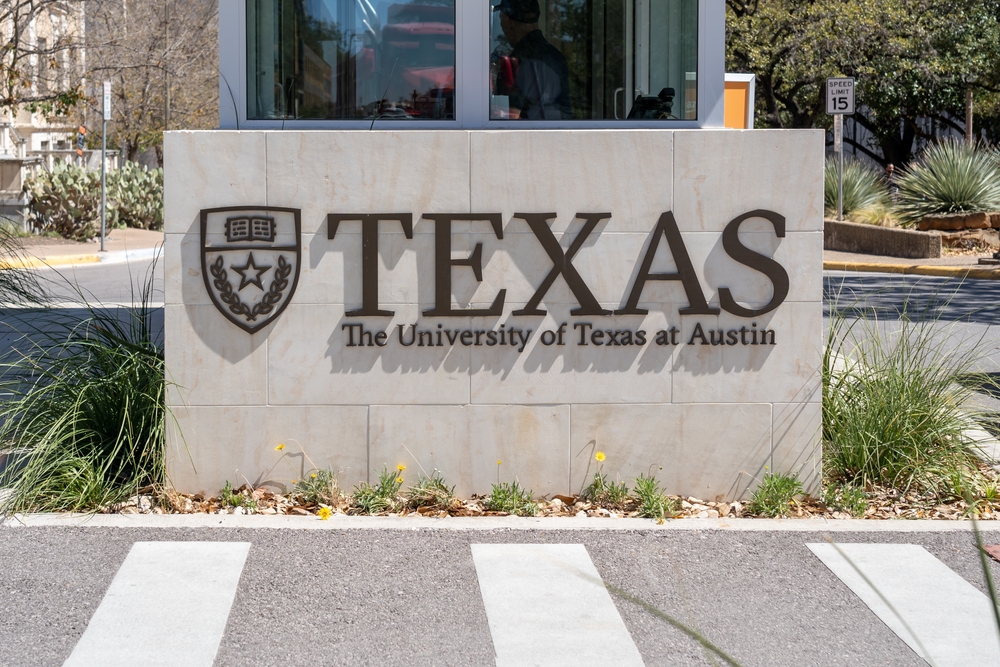Expanded Free Tuition Initiative for Low-Income Families at the University of Texas

The University of Texas is on the brink of a transformative change in its approach to higher education, as it gears up to expand its free tuition initiative for eligible undergraduate students. Set to take effect next fall, the new program will allow students from families earning 0,000 or less to attend college without the burden of paying tuition and fees. Dubbed the Promise Plus Program, this ambitious plan has been preliminarily approved by the UT Board of Regents, with a critical final vote slated for November 21.
A Lifeline for Higher Education
The implications of this program are monumental. If finalized, the UT system will allocate a staggering million to ensure that students have access to free tuition across its nine university campuses. Board Chair Kevin Eltife articulated the urgency of this measure, emphasizing the necessity of making higher education more accessible and affordable. This initiative specifically aims to alleviate the financial strain on students, enabling them to graduate without the sometimes crippling burden of student debt.
“With student loan debt continuing to swell, we must take proactive steps to lighten this load for our future leaders,” Eltife stated. This initiative recognizes the reality that many families are struggling to afford the high cost of tuition, often resulting in students accumulating debt that can linger for years or even decades.
What It Takes to Qualify
To take advantage of the Promise Plus Program, students must meet certain qualifying criteria. Applicants need to be Texas residents, enroll as full-time students, and apply for both state and financial aid. This targeted approach aims to ensure that the support reaches those who need it most, particularly students from low- to middle-income families that often face the greatest financial challenges when pursuing higher education.
Building on a Legacy of Support
The Promise Plus Program is not a standalone initiative; rather, it is part of a broader strategy aimed at increasing affordability in college education for all Texans. Back in 2019, the UT Board of Regents launched a 7 million endowment specifically to benefit students from households earning less than ,000. This progressive move laid the groundwork for the ultimately larger Promise Plus initiative, which follows a successful model that was initiated just three years after the first endowment, featuring a remarkable 0 million investment to enhance college access.
Such efforts highlight a commitment to not only assist students financially but also to ensure that education remains a viable and achievable goal for future generations. By creating a solid financial foundation for students, these programs intend to foster a learning environment where ambition and talent can flourish, independent of financial constraints.
Transformative Potential for Future Generations
The anticipated impact of the Promise Plus Program on students and their families cannot be overstated. By lifting the financial burden associated with tuition fees, the program is set to empower a whole generation of students to chase their academic goals without the looming fear of debt. This initiative does not just serve individuals but aims to stimulate the overall economic development of Texas by cultivating a more skilled and educated workforce.
Imagine a future where bright, ambitious students can attend college and graduate debt-free, equipped to enter the workforce with fewer financial encumbrances. Such a reality could have profound implications for the local economy, inspiring innovation, entrepreneurship, and community development.
Setting a Precedent for Other Institutions
As the challenges of rising college costs persist nationwide, the Promise Plus Program stands as a beacon of hope and a potential blueprint for other academic institutions. It underscores that when colleges prioritize affordability and accessibility, they transform not only individual lives but also the communities they serve. This innovative model could provide a valuable roadmap for universities grappling with similar concerns about the financial accessibility of higher education.
With the imminent final vote from the Board of Regents, many are watching and waiting with bated breath. The University of Texas’ commitment to expanding its free tuition program is a laudable step toward fostering an educational system that is inclusive and equitable. If adopted, the Promise Plus Program could become a cornerstone of higher education reform, setting a powerful example for colleges across the nation. In a landscape where access to education often feels like an uphill battle, initiatives like this are critical. They not only promise to open doors for countless students but also aim to carve out a brighter future for their families and the state of Texas as a whole.






